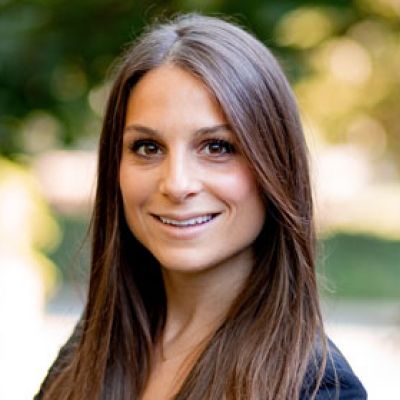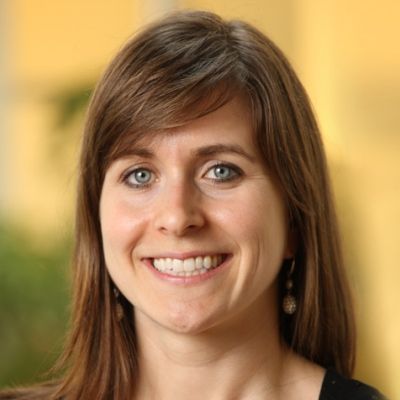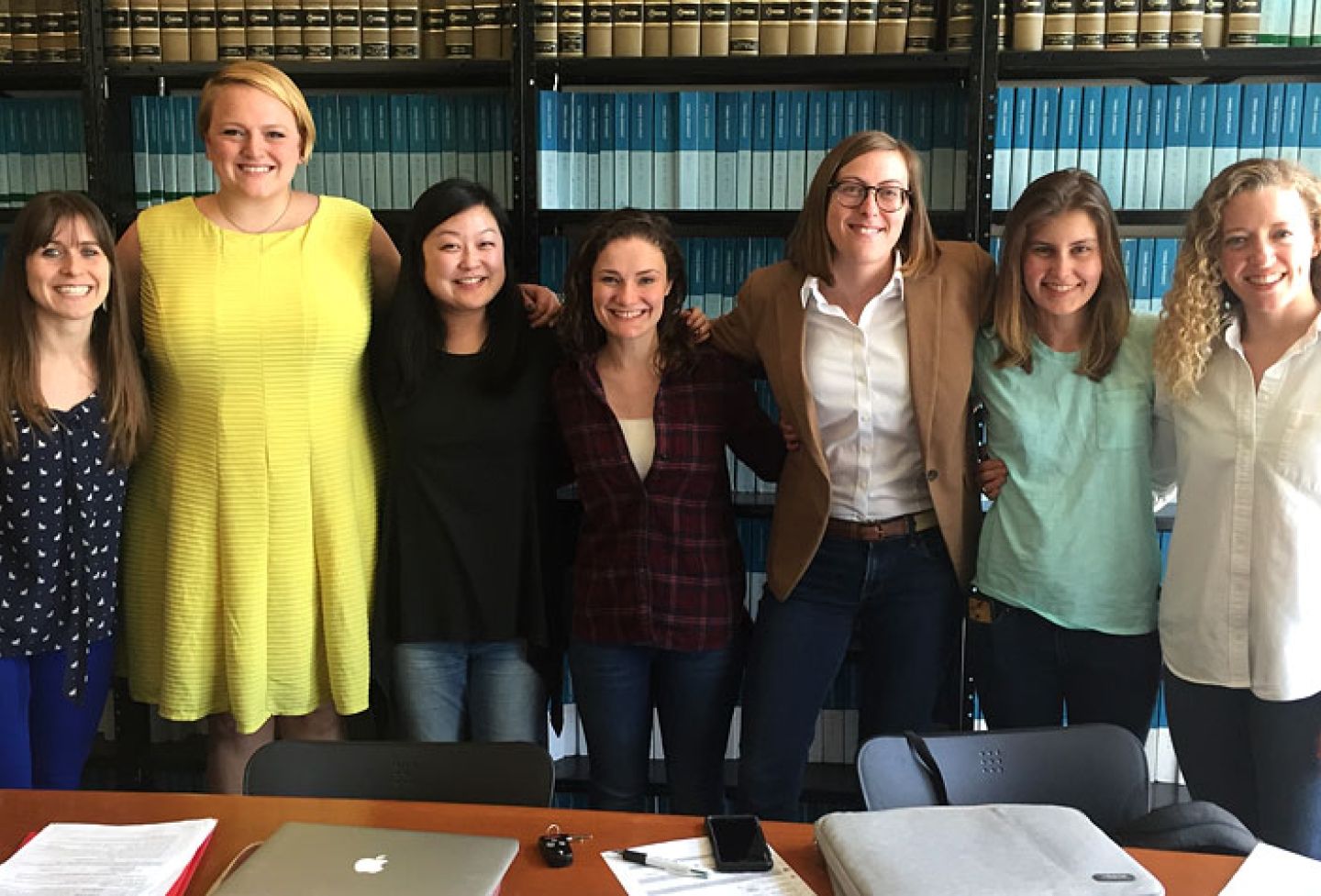Students in this yearlong clinic represent low-income clients in a variety of legal matters pertaining to their health needs.
This yearlong clinical course is offered in partnership with the Legal Aid Justice Center, and course meetings are typically held onsite at the firm. LAJC’s clinics are designed to educate students about the range of strategies used by attorneys to identify, investigate and attack systemic injustices, encouraging holistic and community-partnered approaches to lawyering.
Clients’ health needs include public benefits claims (including Medicaid, Social Security, Medicare and other benefits); insurance coverage; obtaining access to mental health or rehabilitative services; and seeking justice for the mistreatment of seniors and those with disabilities in various contexts. Representation may include appearing in legal proceedings, negotiations, administrative hearings and court proceedings (to the extent permitted by law). Students will also address systemic issues related to the provision of community-based services, the rights of the institutionalized, health care in jails and prisons, and the interface between the civil and criminal justice systems on health and mental health related matters.
Instruction in the substantive law of these areas will be provided in a classroom component throughout the clinic as dictated by the needs of the clients. The classroom component provides a forum for students to learn mental health, disability, public benefits and occasionally elder law pertinent to the cases they are handling, as well as for the discussion of practice and ethical issues arising in those cases. Topics relating to client competence and autonomy issues involving mentally ill and elderly clients also are addressed. Under the supervision of an attorney, students directly perform all the lawyerly functions associated with their cases, including client and witness interviews, factual development, legal research, preparation of documents and pleadings, and negotiation and advocacy in administrative forums and courts (to the extent permitted by law). Students may also participate in community organizing to engage and promote local client communities, develop and implement legal education programming for client communities, and collaborate with legal aid advocates and allies to change existing local and statewide law and policy.
Students meet weekly with the supervising attorneys to discuss the readings, if any, assigned for that particular week and to receive case supervision, along with instruction concerning client interviewing and counseling, negotiation and case development. The supervising attorney accompanies each student to all administrative proceedings and court appearances. This clinic is offered in conjunction with the Legal Aid Justice Center.
During the fall and spring semesters, students will meet weekly for two hours at the Legal Aid Justice Center (1000 Preston Ave.) for instruction and case supervision. During the fall semester, the two hour weekly class session will include the clinical seminar, which will focus on the substantive areas of health law, as well as more generalized instruction regarding the representation of low-income clients. It also will include case and project supervision, where students will meet in small groups with their supervising attorneys. During the spring semester, the majority of the two-hour weekly class session will be spent on case and project supervision. Students will meet with supervising attorneys outside of weekly supervision as necessary, and the supervising attorneys will accompany students to all administrative and/or court hearings.
ATTENDANCE REQUIREMENT: Enrolled students who do not attend the first class session and the mandatory orientation will be dropped unless granted prior approval by the instructors.
Students interested in this clinic must rank the clinic in the clinic lottery within the timeline set by the Student Records Office. Students selected for the clinic through the clinic lottery process will be automatically enrolled prior to the regular course lottery.
The positions that the clinic takes on behalf of its clients are independent of the views of the University of Virginia or the School of Law.
Faculty
Michaela Lieberman
Lecturer
Amy Walters
Lecturer
Skills Taught
Negotiation and advocacy in administrative forums and courts, handling public benefits claims, witness interviews, research, preparing documents and pleadings, developing impact campaigns
Grading
S/U (fall); H/P/F (spring)
Course Credits
8 (4 fall/4 spring)
Application
Lottery
Instructors


